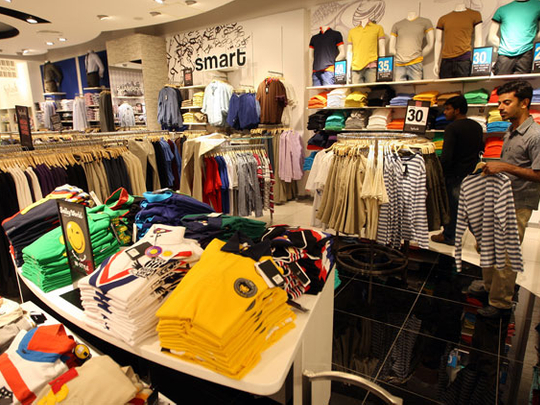
Dubai: Businesses operating in the UAE are likely to find consumers who are willing to pay extra if they show they are doing something to give back to society.
According to the August 2013 report by Nielsen, “Consumers who care”, a significant number of residents in the UAE are willing to spend more on goods and services from companies they view as socially responsible.
Apparently, the concept of social impact resonates more strongly among consumers in this market than in Europe and the United States.
Nielsen’s survey showed that nearly half (49 per cent) of respondents in the UAE would reward companies or brands that make a positive impact on the society, compared to 28 per cent in Belgium, 31 per cent in France, 32 per cent in the UK and 44 per cent in the US.
Daphne Kasriel-Alexander, consumers editor at Euromonitor International, agreed that UAE consumers are indeed willing to open their wallets in favour of socially-responsible businesses, especially those that promote transparency.
“Consumers today are voting with their wallets and are more willing to pay for socially responsible brands that engage in caring activities such as community projects that prove their commitment through transparency,” she told Gulf News.
She added that the “spate of food scandals involving contaminated products”, as well as the recent tragedies in the garment production industry, has influenced today’s consumers to opt for socially-conscious brands. They also want to make sure that the goods they take home are produced safely and humanely.
“Today, transparency is already a value increasingly demanded by consumers. It is one of the few attitudes that make companies respected and that developed brand loyalty, but the consumer appetite for more information on the sourcing trail is now only set to intensify,” Kasriel-Alexander said.
The growing trend of conscientious consumers is evident in other markets as well. Many consumers are now demanding “fair trade” in clothing and other goods, as well as “sweat-free” products.
A report by global management consulting firm Accenture, showed that consumers, particularly in the emerging markets, are becoming more sensitive to the impacts of consumption, with 64 per cent saying they consider environmental effects more often before they part with their cash.
Nielsen’s survey included more than 29,000 online respondents in 58 countries. Globally, half of the respondents (50 per cent) said they would be willing to pay more for the goods and services of companies that give back to society, compared to 45 per cent in 2011.
Among age groups, the younger respondents who are under age 30 are most likely to support socially-conscious firms, but the attitudes of the middle-aged consumers are also shifting. Among the 40 to 44-year-olds, 50 per cent said they would spend extra, up from 38 per cent two years ago.
“The rapid change in sentiment among middle-aged consumers expands the cause opportunity for brands,” Nic Covey, vice president of corporate social responsibility at Nielsen, said in the report. “Today, brands can confidently focus purpose messaging on both younger and older consumers.”










